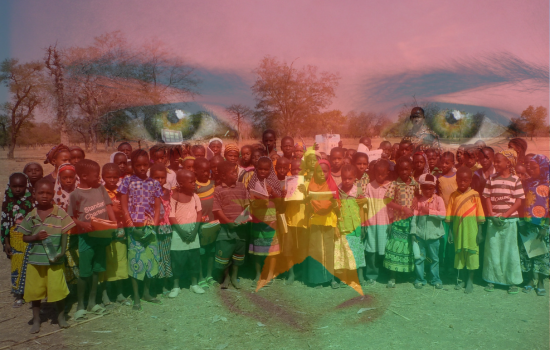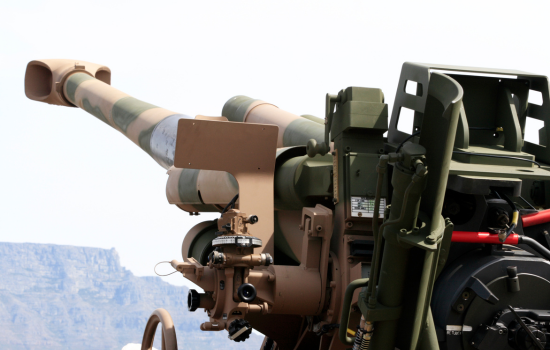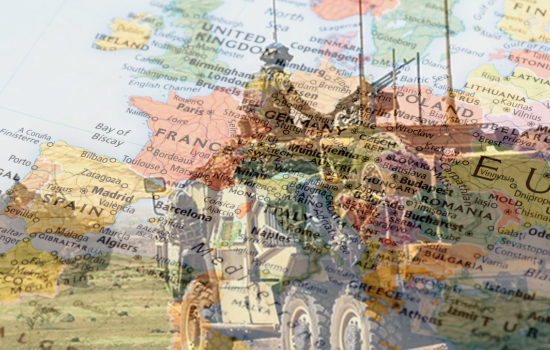Is Hamas Revaluating the Use of Terrorism?
|
On the background of the many threats by Hamas to avenge the killing of the Awadallah brothers on September 11th and to renew its terrorist activity in Israel, it is of interest to note some conflicting voices in the Islamic movement. On September 8th, two days before the Awadallah incident, one of the leading ideologues of Hamas, Munir Shafiq, published an article in the weekly Al-Sabeel (the organ of the Jordanian Muslim Brotherhood) calling for a reevaluation of the movement’s use of terrorism. Shafiq is himself an interesting character and is highly respected in Islamic circles throughout the Arab world. Once a Christian Marxist from Jerusalem, he was at one time an active member of Naif Hawatmeh’s Democratic People’s Front for the Liberation of Palestine (DPFLP). In 1980-81 he converted to Islam under the influence of both the Islamic revolution in Iran and of the French philosopher Roger Garaudy, a fellow Marxist and one of the veteran leaders of the French Communist Party. In the 1980s Shafiq was the head of the Fath Planning Center in Tunisia, as well as an active member of one of the factions of the Palestinian Islamic Jihad, and in recent years a member of Hamas. He is one of the few Palestinian Islamists who publish ideological material, and therefore he is both influential and respected by many of the Islamic movements. He has a permanent column in Al-Sabeel and Filastin al-Muslimah. In his weekly article on September 8th, he closely examined the Islamist policy of terrorism. The article is important and we quote it here in full translation:
Commentary by Reuven Paz Munir Shafiq’s article is extraordinary, and is unique in the worldview of Hamas or other radical Islamists, both Palestinians and other Arabs. It actually calls for a different look at terrorism on one hand, and for a “cleaner” struggle without being contaminated by the “filth” of terrorism as perceived by Western culture. We can sum up what Shafiq says in plain words: Terrorism is the weapon of the aggressor, the super powers whose ideals are arbitrary and unjust. The Islamists, charged with the divine mission of social justice should not adopt the means of terrorism. Moreover, Hamas as a movement that confronts occupation, should use guerrilla warfare rather than terrorism–fighting against military personnel and not civilians. (See also the relevant chapter in Defining Terrorism, by Boaz Ganor) Shafiq may reflect here a possible change in Hamas since the return of Sheikh Yassin to Gaza on October 1997, a change not yet recognized by observers of the Islamic movement. The change is in the direction of the institutionalization of the movement while adjusting to the undoubted rule of the Palestinian Authority. Sheikh Yassin two-month tour of in the Arab world may be another factor in a process. The leadership of the movement under Yassin as free man living in Gaza under Arafat’s rule, is leaning toward a more political attitude, or at least taking the political situation into consideration to a greater extent in its decisions. The tone of Yassin’s speeches concerning Israel has not changed at all. However, in a number of recent pamphlets and statements of the movement–especially those who originating in Gaza rather than in Jordan–he places the responsibility for confronting Israel on the Palestinian Authority and not on Hamas’ fighters. The Islamic movement of Hamas is certainly not going to abandon terrorism in the near future. However it might change the methods of terrorism to conform more to those appropriate to an institutionalized movement confronting Israel in cooperation with the Palestinian Authority. This means that its terrorism may be “limited” to those means and targets acceptable to the Palestinian Authority and the Palestinian public– mainly soldiers and Jewish settlers. Terrorism against soldiers and particularly against settlers still has the moral support of many Palestinians. Such terrorist acts were not condemned in the past year by Arafat or his officials. This gives these acts an official legitimacy on the part of the Palestinian public, which may encourage Hamas to use them while fashioning of new image for a movement as a political–rather than a terrorist–movement. |
||||||






